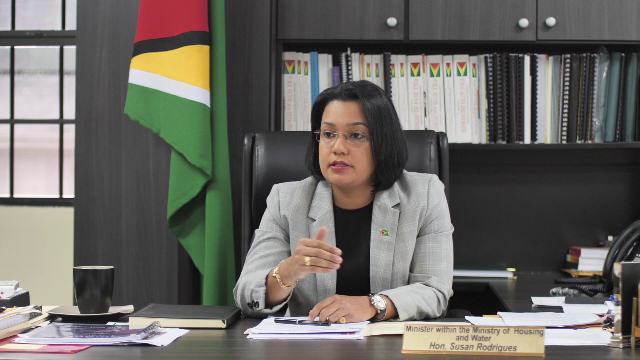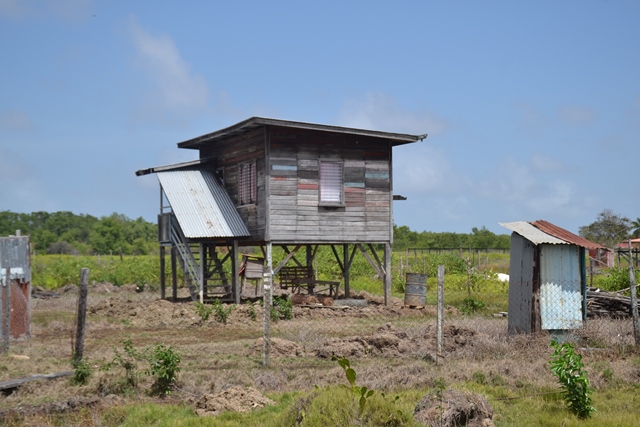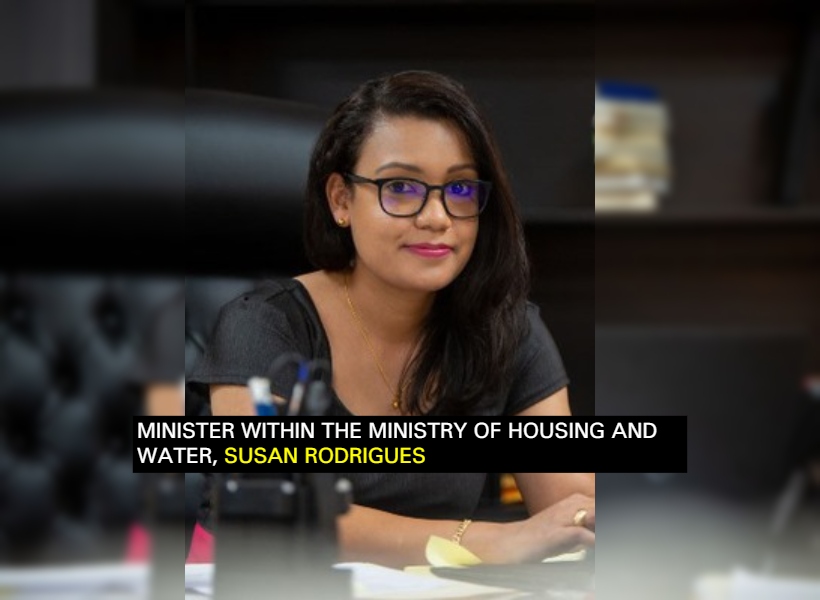Minister within the Housing and Water Ministry, Susan Rodrigues, stated that a total of 784 informal settlers were regularised in these seven areas, with 281 of them being issued land titles.

“If you multiply that by four persons per household, we’re talking about over 3,000 people who have benefitted from these squatter settlements that have been regularised in 2022,” Minister Rodrigues noted.
The Minister emphasised the importance of regularisation to improving the lives of residents.
She stated that, “it’s regrettable when we have to move people for development, but it’s also for their own development.
“When we have to construct a road or any type of development that has to take place, or we have to move people maybe off of a conservancy, so that we can preserve the integrity of the water for example, it’s for the benefit of the masses. Thousands of people depend on this intervention that the government has to take.”
However, the minister clarified that strict procedures must be followed during any relocation process to ensure that people are engaged and given adequate time to relocate with the assistance of the government.
“We don’t just give them a land and say you have to move and leave them on their own. We have a whole department at the ministry called the Community Development Department that has a specific unit that deals with regularisation,” she highlighted.
Minister Rodrigues pointed out that in 2001, the then PPP/C Government completed an inventory of all squatting areas and found 216 informal settlements.

Out of that amount, 175 informal settlements were regularised during the government’s 23-year tenure prior to 2015, and from 2020 to present.
The remainder of the 216 squatter settlements are located in zero tolerance areas, such as government reserves or areas unsuitable for housing.
Overall, this is a significant achievement for the CH&PA and the government as a whole, as it will provide much-needed security of tenure and the ability for residents to make improvements to their homes and communities. (Department of Public Information)













